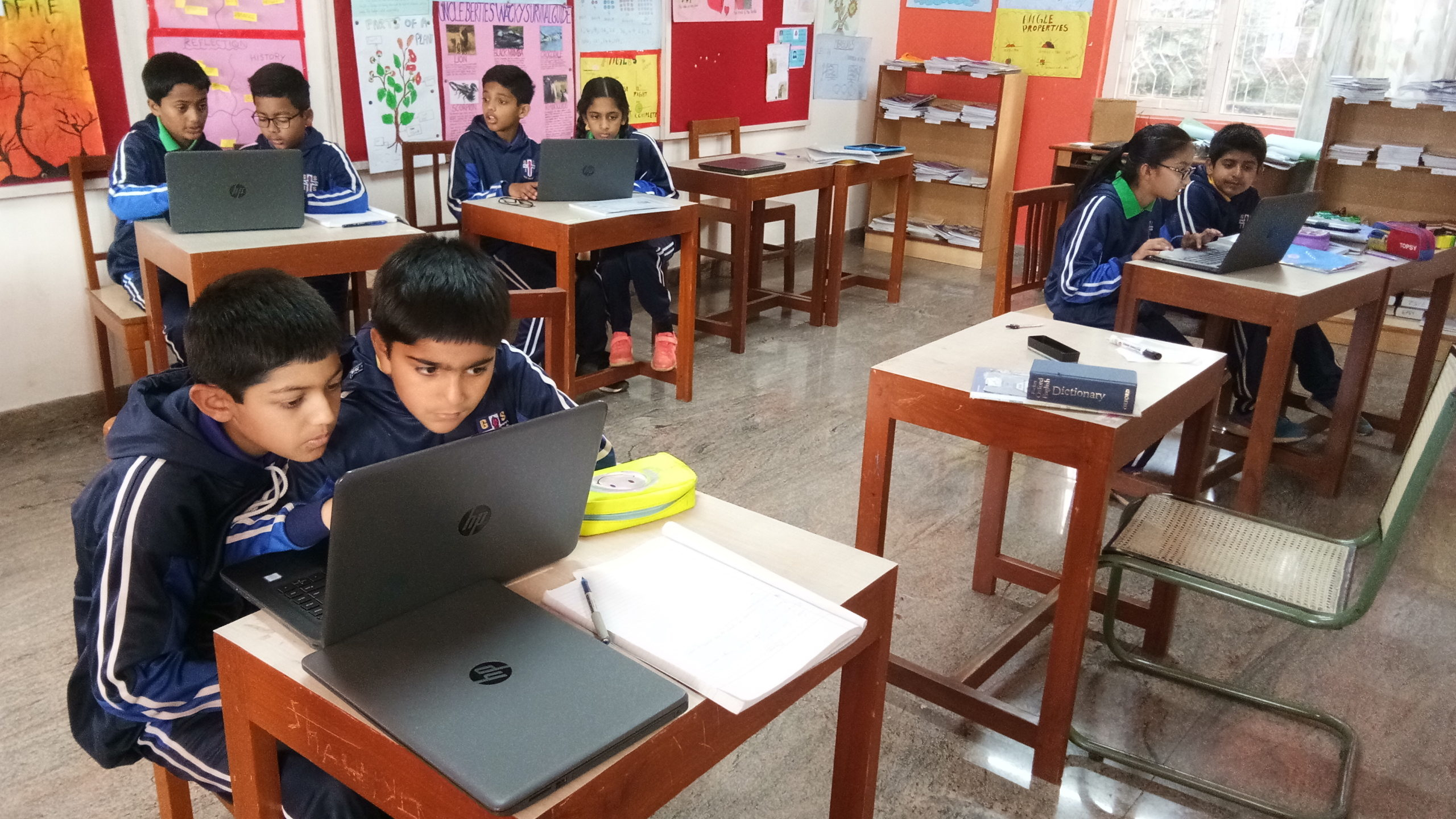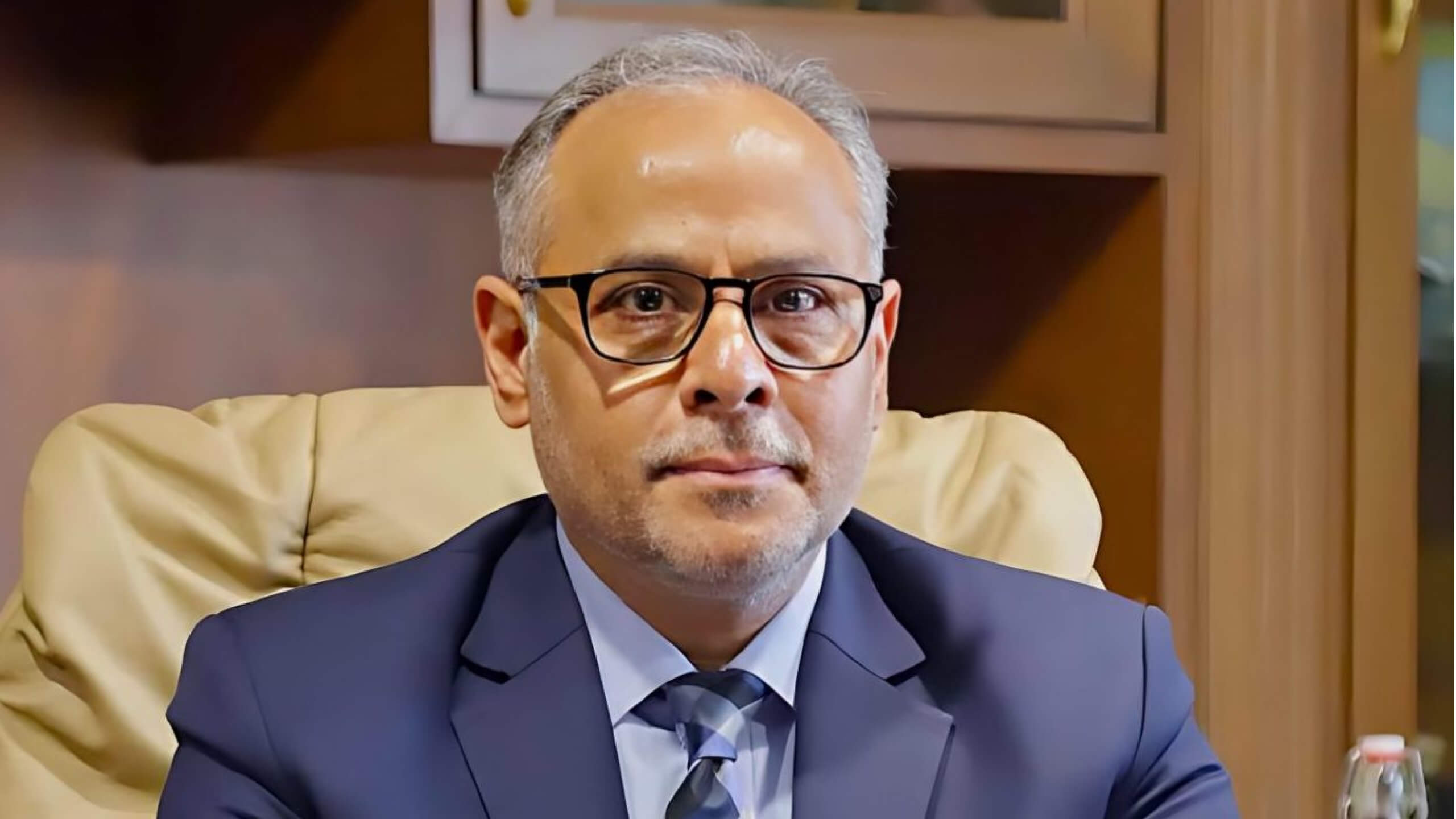Education Philosophy and Approach to Leadership in Indian Schools
Government, Religion, Property, and Books are nothing but the scaffolding to build men. Earth holds up no greater fruit than the finished man.
So quoted William Von Humboldt, the founder of the modern education system. A leading humanist, Humboldt, in propagating how educational philosophy should fulfil the core principles of a complete human being, could have easily summarized his thought into one rhetorical statement:
You May Have an Education, But Are You Educated?
To elaborate further, none explains this better than distinguished linguistic professor Noam Chomsky who describes how true education involves knowing, understanding, looking, questioning, independence of thought, challenging what the world presents to you, and living in solidarity with others. This is the true philosophy of education.
The Need for Good Education philosophy
In my new role in education, I wonder if living in a diverse society influenced by different cultures and philosophies, how best should an educational philosophy integrate the tenets of character building and knowledge. Education today is an indispensable asset to empower young individuals to lead better lives. It is a principal means to foster a harmonious form of human and social development to reduce poverty, exclusion, ignorance, oppression and promote peace. It is a fundamental tool of leadership, not of power but inspiration.
In the 21st Century, the era of globalization has evolved India into a thriving economy, but with development comes several challenges. Competition in every sphere of life, be it political, business, or social, is a contending force that needs our youth to be reinforced with values that prevent them from victimization, discrimination, and corruption. Furthermore, cultural, and religious diversity and prevailing pervasive political thought is a constant challenge to cultivate leadership truly loyal to humanistic values. Only through strong educational discipline can institutions mould such pillars of society.
Institutional Goals of Educational Philosophy
Educational philosophy includes fortifying educational pedagogy with a structure inclusive of planning, process, and programmes that seek to impart knowledge and motivate students to strive for leadership qualities in life.
More than just the process itself, educational philosophy needs to focus on what is exactly the role of educators, how education should be imparted, and the purpose of education. Educators should never forget that it is an institution that influences the method and curriculum of teaching. Thus, the same influences affect how students cultivate values and beliefs in line with the educational policy, its themes, and principles.
The Four Pillars of Education

In seeking to follow a good education philosophy, perhaps the best guideline is the Delors report of the International Commission on Education for the 21st Century, chaired by Jacques Delors, and submitted to UNESCO in 1996. The Delors Commission sought to address three forces:
- Competition to produce incentives
- Co-operation to create strength
- Solidarity to cultivate unity
To achieve such goals, the commission outlines what is today being called the “Four Pillars of Education.”
- LEARNING TO KNOW
- LEARNING TO DO
- LEARNING TO LIVE TOGETHER
- LEARNING TO BE
A 21st-century education philosophy imbibing the above principles will empower every child from grade 1 to graduation with the values and knowledge to take on the challenges of every environment with courage, resilience, and compassion.
Learning To Know: Education should help individuals live with dignity, develop occupational and communication skills, encourage self-discovery, and foster a scientific attitude. Learning to know should include evolving special education to impart psychological skills of empowered memory, focus, and concentration. To this effect, schools should encourage the cultivation of such faculties from childhood to increase the power to absorb knowledge, which is a lifelong process.
Learning to Do: To develop schemes of education that balance knowledge, training, and the world of work. This exposes higher secondary students to vocational skills and corporate culture at an early age. It cultivates teamwork and familiarity with devices and increases competence and confidence.
Learning To Live Together: Humans today are mere spectators in a world stricken by conflict both at domestic and international levels. Good education cultivates communication skills, courage, and a sense of solidarity to resolve conflict at the community level. Education helps students respect cultures, histories, philosophies, and religions as part of the great big Indian diversity. It helps develop an understanding of others to escape a cycle sustained by prejudice, misinformation, and complacency.
Learning to be: This includes a summarization of all three preceding principles to imply complete development in mind, body, and spirit. Educational philosophies of institutions should encourage rationality, critical thinking, and independent judgment.
Educational Philosophy and Leadership
While a good educational philosophy ensures a holistic growth model for students, this brings me to a more pressing subject: that of educational leadership in India. Today, India is emerging as a global power with abundant opportunities for growth. Indian educational leaders need to understand best how to impart the qualities and core fundamentals of the National Education Policy 2023, which reflects its main agenda of effecting a transformation of the Indian educational landscape to address the challenges of 21st-century India.
NEP 2023, a guiding force for educational leaders in the 21st Century
NEP 2023 outlines a four-pillar policy of Education, which includes the following fundamentals designed to ensure quality education for every Indian child, empowering them towards a successful future.
- Access to Education for all: The right to free Education up to the age of 18 irrespective of socio-economic background
- Educational Equity: Equal opportunities to all students, inclusive of scholarships and finance
- Quality Education: Imparting quality education of international standards, teacher training integrating technology
- Accountability: Educational institutions to be accountable for quality education
Driven by the NEP vision, educational leadership in India needs to invent flexibility and variety in education. Leaders need to inspire by cultivating independent thinking instead of rote learning.
Technology and Education
A transformation of educational standards is the need of the hour, by integrating the use of technology. Leaders need to include a technology-driven curriculum that helps students remain abreast of the evolutionary trends of the modern world. Digital literacy, an essential of educational leadership, needs to be harnessed to its full potential to attain higher standards of education.
Integrity and Ethical Leadership
Our country today is desperately in need of national integration; our younger generation needs to understand how prosperity and progress lie in development. That can only be achieved through a symphony of mental intellect irrespective of race, caste, religion, or creed. Thus, the onus of exerting such an influence lies in leaders setting examples through professing humanistic values, sincerity, compassion, transparency, and a commitment to ethical principles.
Leadership in Indian schools need to resurrect the values of the Indian pledge that requires every student to proclaim another Indian as their sister and brother. By upholding high moral standards, they instill a sense of integrity and accountability in all aspects of school governance and operations.
The Student as The Focus
Transformational leadership in education follows the pursuit of holistic development in students. Educators need to create inclusive and supportive learning environments where every student feels valued and respected. It is the responsibility of the leader to ensure the all-round development of a child, not just nurturing and strengthening their cognitive abilities but their mental well-being. Moreover, educators should focus on skills and vocational development to empower students to be both academically competent as well as competent enough to grow in the international arena.
Embracing Change and Innovation
Educational leaders are responsible for the development of both students and themselves in the evolving landscape of education. Efficient leaders acknowledge how education itself is a lifelong process, and as such, professional development is integral to empowering oneself with the skills necessary to reflect the high standards of an institution. This is one of the main essentials of educators at GSIS, who are constantly evolving with the educational process to ensure we impart the latest trends in education to our students. Moreover, by leveraging technology and contemporary pedagogical practices, we as leaders create dynamic learning environments that prepare students for the challenges of the future.
In conclusion, I envision an educational philosophy for GSIS that not only influences educational infrastructure, curriculum, and student development but also empowers its faculty with values, principles and dedication aligned perfectly to steer that vision into the future.
Author
Dr. Madhav Deo Saraswat | Principal & Director




